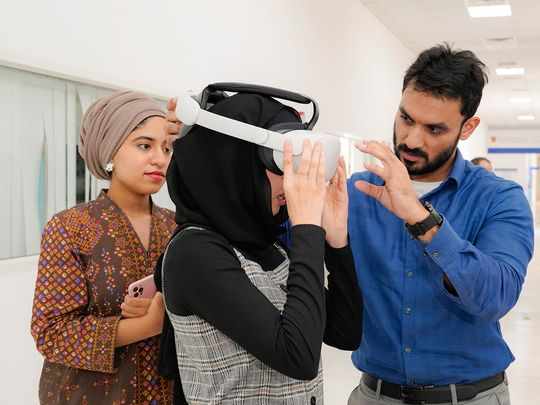How the Arab region can be immunized against COVID-19
- Date: 25-Apr-2021
- Source: Arab News
- Sector:Healthcare
- Country:Middle East
How the Arab region can be immunized against COVID-19
DUBAI: As wealthy countries rush to immunize their populations against the coronavirus disease (COVID-19), poorer nations are being left behind with limited, sporadic and often delayed access to vaccines. Experts warn such inequality risks prolonging the pandemic. In February, UN Secretary-General Antonio Guterres called this uneven distribution of vaccines "wildly unfair," identifying vaccine equity as "the biggest moral test before the global community." Few regions of the world are experiencing starker inequality in this regard than the Middle East. While Israel and the GCC countries race ahead, others like Lebanon and Palestine have only just received their first doses. Their war-torn neighbor Syria recently received a shipment of vaccines from the UAE, while Yemen got its first batch at the end of March through the COVAX facility, the global mechanism for equitable access to COVID-19 vaccines. However, as of mid-April, Lebanon had administered just 268, 578 doses. Assuming every person needs two shots, this means a mere two percent of the population has been vaccinated. Likewise, Yemen's 360, 000 doses of Oxford/AstraZeneca have barely put a dent in its 30 million-strong population. On April 9, the World Health Organization (WHO) said vaccination campaigns had now begun in 194 countries but






















